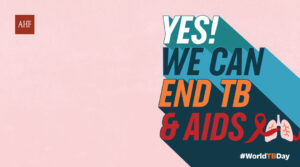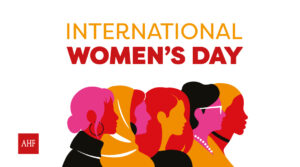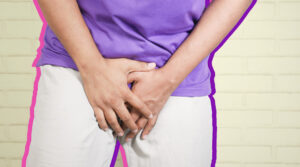It’s well known that the right foods help improve people’s health and well-being, but it’s also true that we don’t always make the best choices about what we put on our plates.
For people living with HIV, it is very important to understand the importance of nutrition among all care actions, since correct nutrition can contribute to improving the quality of life and also, and this is just as important, to avoiding complications of health.
Food safety
According to information from the National Institutes of Health (NIH) of the United States, the concept of food safety refers to the way of choosing, handling, preparing and storing food to prevent diseases that can be transmitted through them.
Both food and water can be contaminated with microorganisms that cause illness, and following food safety guidelines reduces the risk of contracting these illnesses.
This is important for people with HIV and others with compromised immune systems, as it may be easier for them to get sick or for their illness to become more severe.
To avoid complications, it is advisable to follow the four steps of food safety, which are:
- Wash. Make sure your hands, kitchen utensils, and food preparation surfaces are clean.
- Separate. It is important to separate foods to prevent microorganisms from one food from passing to another. For example, raw meat, poultry, shellfish, and eggs should be separated from ready-to-eat foods such as fruits, vegetables, and breads.
- Cook. Food must be fully cooked at high temperatures that kill microorganisms.
- Refrigerate. It is recommended to refrigerate or freeze meat, poultry, seafood, or other spoilable foods within 2 hours after purchase or cooking.
What to eat and what not
The feeding schemes for people with HIV are not so different from those who do not have the virus, and essentially they must consider:
- Eat a variety of foods from the five groups: fruits, vegetables, grains, proteins and dairy products.
- Eat an adequate amount of food to maintain a healthy weight.
- Choose foods that are low in saturated fat, salt (sodium), and added sugars.
And beyond what we already know that you should eat, we must pay attention to what you should avoid so as not to be at risk of contracting a foodborne illness, as indicated by the Food and Drug Administration (FDA) of USA.
An abbreviated list of what not to eat would be this:
- Raw or undercooked meat or poultry.
- Raw fish, partially cooked shellfish, or refrigerated smoked shellfish.
- Raw seafood and its juices.
- Unpasteurized milk or fruit drinks.
- Products made from unpasteurized milk, such as cheese or yogurt.
- Raw or undercooked eggs.
- Foods that contain raw or undercooked eggs, such as some salad dressings, cookie dough, or cake batter.
- Raw, unwashed vegetables, such as lettuce.
- Sausages that have not been cooked.
- Unpasteurized pâtés.
- Raw sprouts, such as alfalfa, beans, etc.
In addition, the FDA points out that the symptoms can alert to a foodborne illness. These symptoms usually appear 12 to 72 hours after eating the contaminated food and can include nausea, vomiting, diarrhea (which may contain blood), and abdominal pain.
You may also experience flu-like symptoms, such as malaise, fever, and headache. In case this happens, it is better to contact your doctor to receive the appropriate treatment.
Remember that everyone with HIV must receive antiretroviral treatment and comprehensive care for all areas of their health. If you received a diagnosis but have not started your treatment or suspended it and want to resume it, contact AHF Latin America and the Caribbean and we will help you. We have offices in 11 countries, find the one closest to you.






